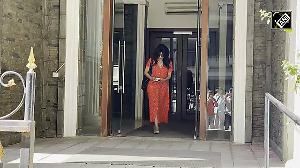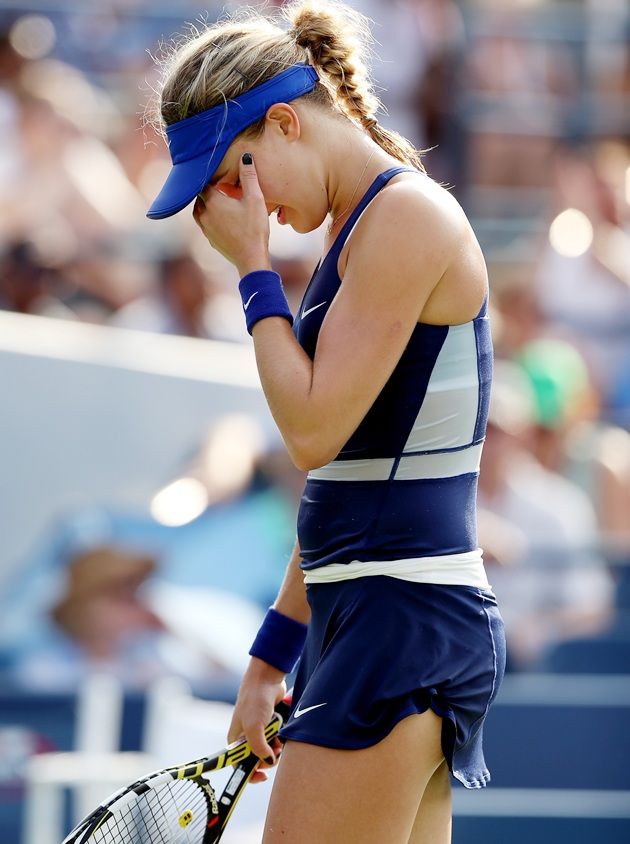
Tennis players are always looking for that extra 1 per cent, the unseen edge that could take them to the very top.
For some it's going gluten free or travelling with a fitness trainer but increasingly, it is that voice in the background; the sports psychologist.
A common sight for years in golf and now used extensively in sports like cycling and athletics, for a long time it seemed as though tennis players were reluctant to open up their minds, perhaps fearful of what they might find.
But in recent years, psychologists have become a more established presence on the Tour, with top players like Andy Murray and Petra Kvitova espousing the benefits.
Love-hate relationship with sports psychologists
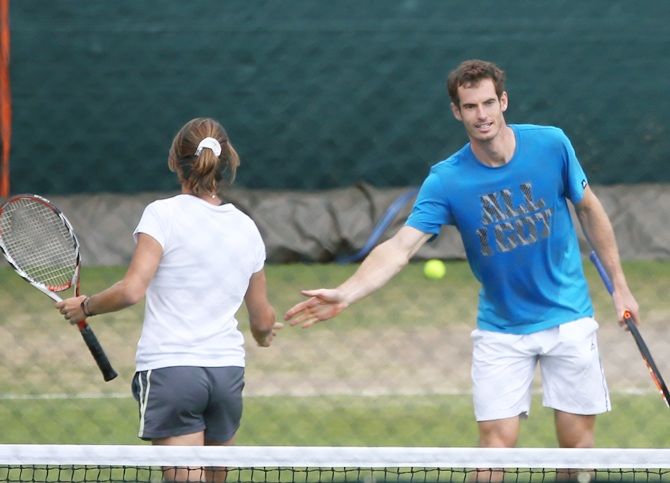
Murray has had something of a love-hate relationship with sports psychologists over his career, initially finding them a bit odd, unclear how someone who had never played the game would be able to help him on court.
But, encouraged by his then-coach Ivan Lendl, he tried again and then went on to capture an Olympic gold medal at the 2012 London Games followed by triumphs at the 2012 US Open and 2013 Wimbledon championships.
Alexis Castorri helped Murray find a way to communicate better with Lendl and deal with the dynamics of his support team, as well as prepare for matches and cope with the nerves of a grand slam final.
And the psychologist's services have been in demand at this year's US Open, with South Africa's Kevin Anderson praising her for helping him win close matches and rebound from tough defeats.
"I just felt it was a part of my game I could maybe just get a bit better at," Anderson said this week. "So many people say, it's 90 percent mental, everybody knows how to hit tennis balls and we've been playing tennis so long that it's tough to makehuge changes.
"The bigger thing is just having that belief and confidence in your game and I feel like just chatting with her and having a better understanding of my game.
"She's had a lot of experience, I feel like I've really been able to connect with her and I think I've been able to take a few things on court with me."
‘I'm still working on the mental side’
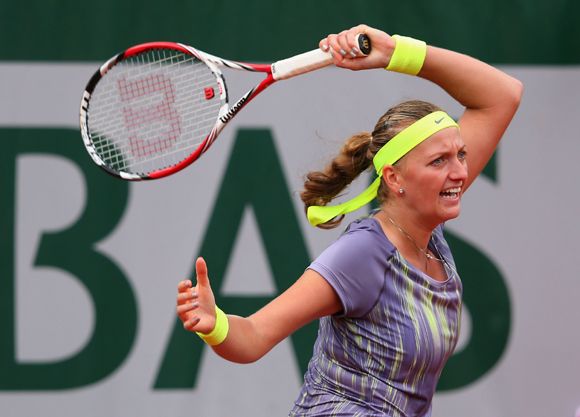
When Kvitova won her second Wimbledon title earlier this year, she was quick to thank the influence of Michal Safar, with whom she's been working with for five years.
A naturally shy person, Kvitova consulted Safar consistently during Wimbledon, using visualisation techniques to keep her calm and focused.
"He helped me a lot to handle the pressure and to focus in every moment in the match," she said. "I'm still working on the mental side, that's something I really need.
"It's nice to talk with someone who knows how I'm feeling before my match."
‘When you play tennis, the less you think the better it is’
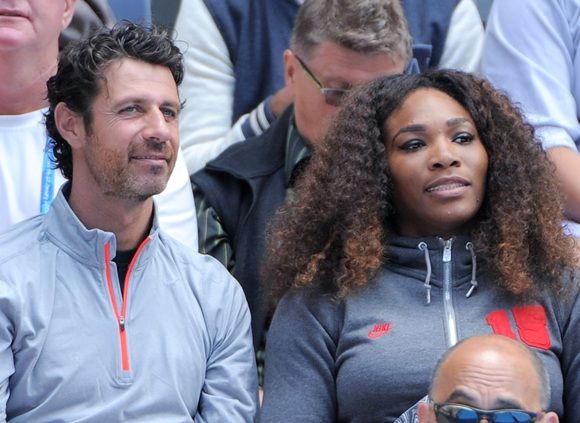
Australian Sam Stosur, Italy's Fabio Fognini and Marcel Granollers are among some other top players who use a sports psychologist but not everyone is a believer.
Patrick Mouratoglou, the coach of World No 1 Serena Williams, believes psychologists and tennis is not a good match.
"I believe in psychologists and I think they are very useful," he said, walking between commitments on site at the US Open. "But I don't think it matches well with the tennis career.
"I've been to a psychologist myself so I know exactly what it is. The goal is to make you think, understand and so on and I think when you play tennis, the less you think the better it is.
"Of course you have to think about the game, about what you're doing, but not to put things in perspective and bring doubts.
"When you work with a psychologist it brings doubts, for sure, because that’s the goal ... to doubt about everything, put everything on the table.”
‘Psychologist’s job is to make you feel better in your life’
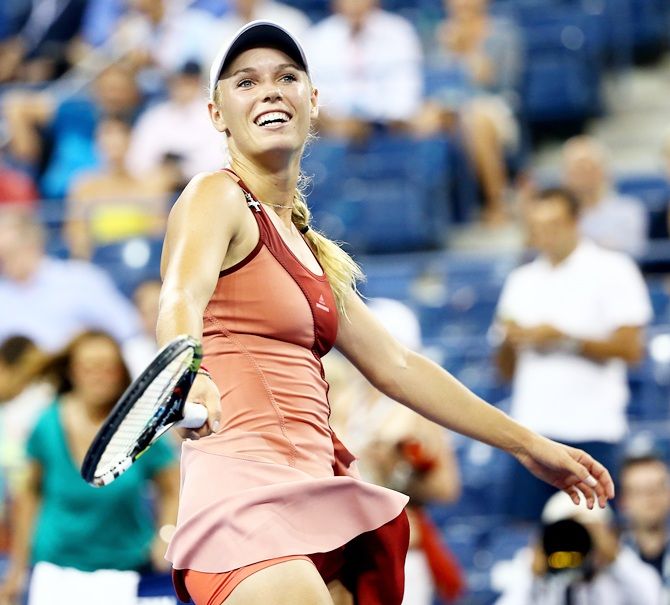
Mouratoglou said coaches can cover some of the same ground, even if they are not qualified psychologists themselves.
“Our goal is to understand the player perfectly and push the right buttons to make them successful,” he said.
“A psychologist’s job is to make you understand yourself better, feel better in your life. It’s not to be successful in sports.”









